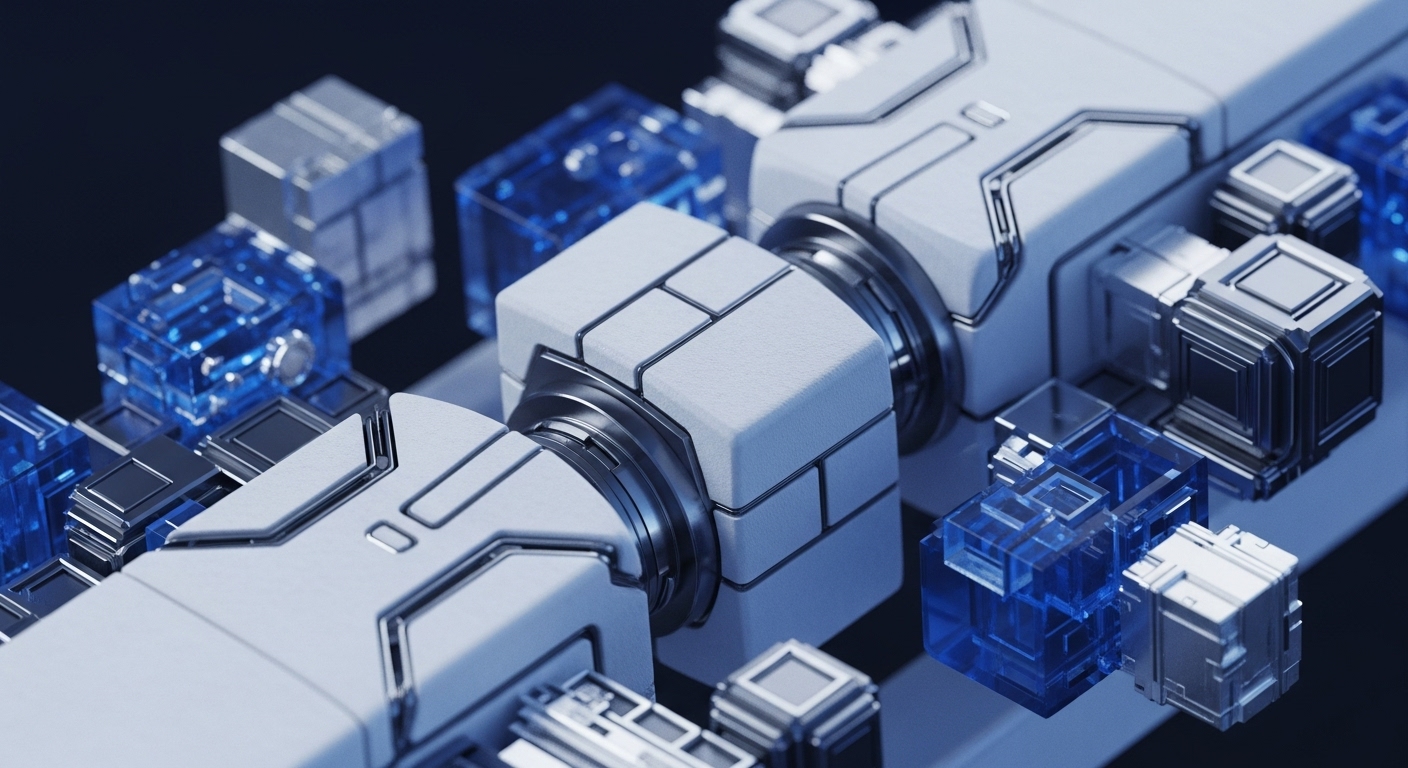
Briefing
0G Labs has launched its Aristotle Mainnet and concurrent Token Generation Event (TGE), establishing a foundational Layer-1 blockchain specifically engineered for decentralized artificial intelligence (DeAI). This strategic move addresses the inherent scalability and cost inefficiencies of running complex AI workloads on traditional blockchain architectures, positioning Aristotle as a critical primitive for an open, verifiable AI economy. The network enters production with a robust ecosystem, boasting over 100 day-one partners, underscoring significant early-stage adoption and integration potential.

Context
Prior to the Aristotle Mainnet, the decentralized application landscape faced a significant product gap in supporting AI-native workloads at scale. Existing blockchains struggled with the high computational demands, extensive data storage requirements, and prohibitive transaction costs associated with AI models, limiting the practical deployment of on-chain AI. This friction created a barrier to realizing a truly public and permissionless AI infrastructure, often forcing developers to rely on centralized solutions that contradicted Web3’s core tenets of transparency and decentralization. The prevailing challenge centered on building an infrastructure capable of verifiable AI execution without compromising performance or accessibility.

Analysis
The Aristotle Mainnet fundamentally alters the application layer’s ability to host and execute AI, shifting the paradigm from theoretical potential to practical deployment. By unifying decentralized storage, compute, and data availability within a modular Layer-1 framework, 0G Labs provides a specialized environment where AI applications can operate efficiently and transparently. This architecture, designed for verifiable AI, enables a chain of cause and effect for end-users → reduced operational costs for AI models, enhanced data integrity through on-chain verification, and a more robust foundation for permissionless AI agents.
Competing protocols, particularly those attempting to integrate AI without a dedicated, scalable infrastructure, will face increased pressure to either adapt their architectures or risk being outmaneuvered in the burgeoning DeAI vertical. The native 0G token, serving as the exclusive gas and utility asset, aligns economic incentives with network growth and resource allocation, creating a powerful flywheel for ecosystem participation.

Parameters
- Protocol Name → 0G Labs
- Product Launch → Aristotle Mainnet and Token Generation Event (TGE)
- Vertical → Decentralized AI (DeAI), Layer-1 Blockchain
- Core Technology → Modular Layer-1, EVM-compatible, Proof of Random Access (PoRA), EIP-4844 support, EigenLayer integration
- Transaction Throughput → Optimized for global-scale AI applications
- Ecosystem Partners → Over 100 on day one (e.g. Chainlink, Google Cloud, MetaMask)
- Total Funding → $65 Million ($35M equity, $30M node sales/token subscription)
- Native Token → 0G (listed on Binance, Kraken, Upbit, HashKey)

Outlook
The launch of Aristotle Mainnet positions 0G Labs as a foundational building block for the next wave of decentralized applications that leverage artificial intelligence. The modular design, coupled with EIP-4844 support, suggests a roadmap focused on continuous scalability and interoperability, potentially enabling this primitive to be integrated across various Layer 2 solutions and other dApps. Competitors will likely attempt to fork or replicate 0G’s architectural innovations, particularly its approach to data availability and verifiable compute, to capture market share in the DeAI space. The success of Aristotle will hinge on its ability to attract a critical mass of developers and AI model providers, transforming the theoretical promise of decentralized AI into a tangible, high-utility reality.
